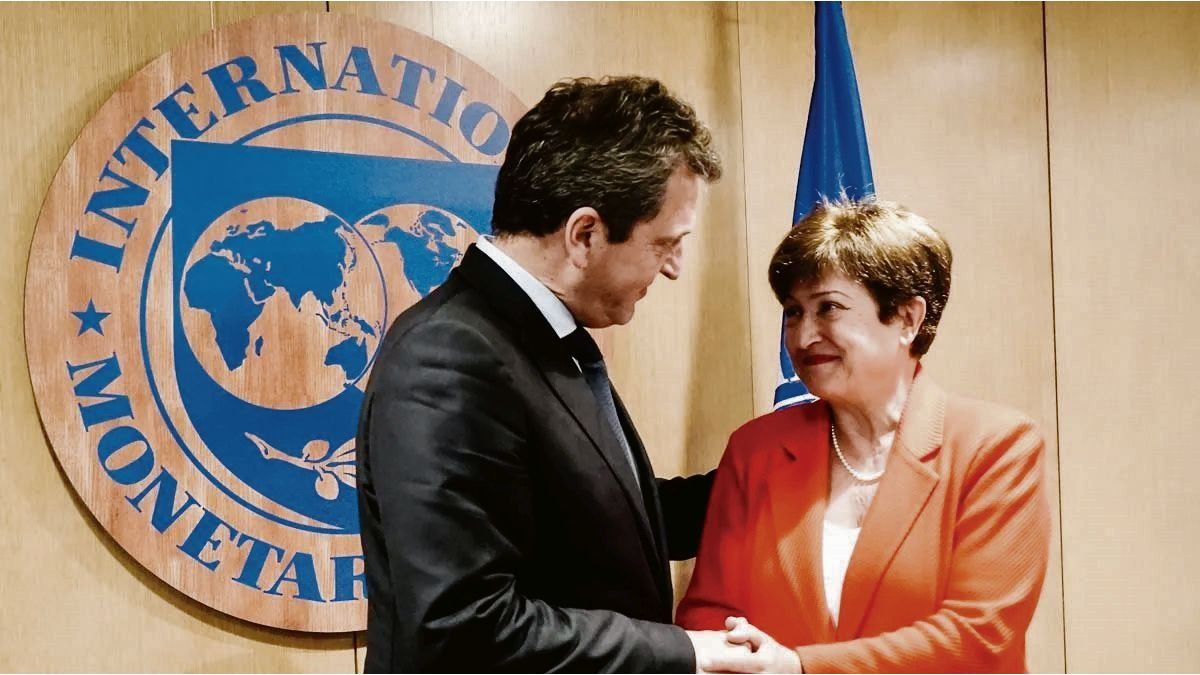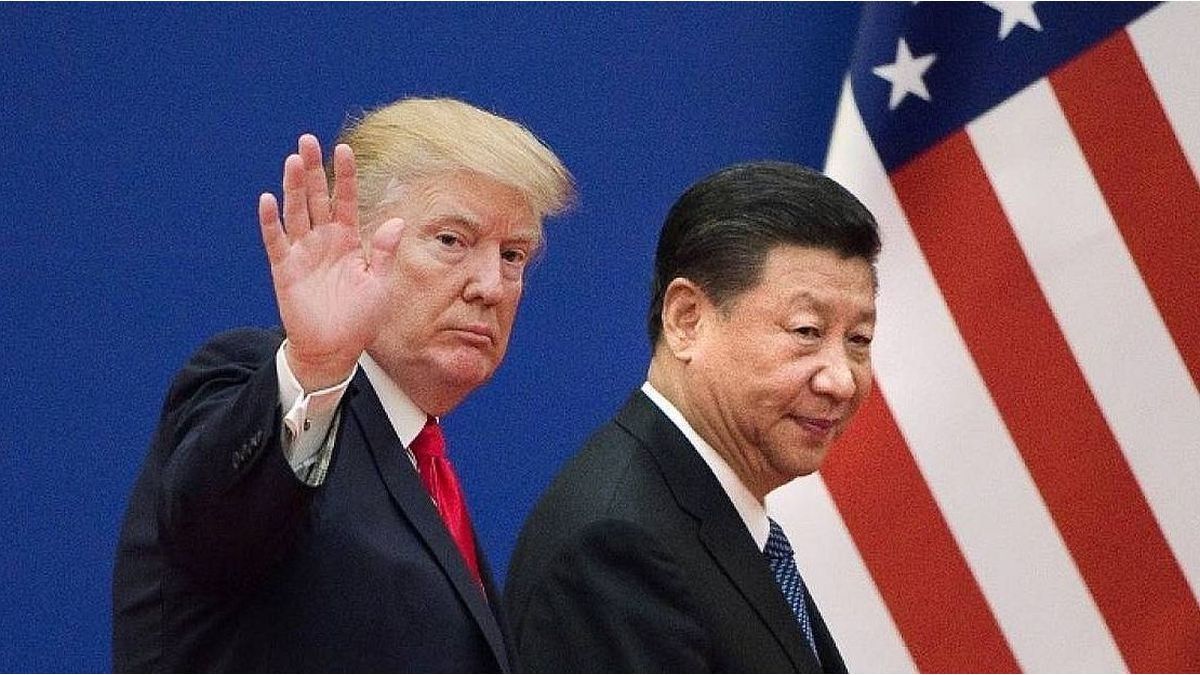You may lose a battle. Not the war. The Government recognized at this time that the devaluation applied last week on the peso was done by the work and grace of the IMF. To make it easy, if Minister Massa did not devalue, he had not disbursed this week.
The reason is also simple. If the idea of the IMF is that the dollars that it sends to Argentina from now on are administered with greater zeal, then the Government has two ways to do it: by price or by quantity.
One might think that the restriction on delivering dollars – the stocks or the administration of the amounts – has already been implemented a long time ago. However, Georgieva seems to think it’s not enough.. That’s why, for the IMF, the best way for the government to comply is to stop imports It is an imposition. That is what Massa and Georgieva have been discussing, since the minister-candidate thinks that it is much more useful to implement some other sectoral measure than to build a wall to reject import orders with the consequent damage to economic activity for the second semester.
The other approach, the price, is the bastion that the Government did not want to give up. The devaluation of the official exchange rate had a full impact on the price structure and in the Economy there are doubts about the “benefit” that this can bring in terms of preserving the demand for dollars, since many importers would be willing to take all the dollars they are offered at $350 and even higher. As said, it was an IMF imposition.
the dollars arrive
Now, with the disbursement of US$7.5 billion secured, the discussion could well take another turn. The IMF has already imposed its conditions -devaluation and import brake- and the government complied. However, there would still be a new disbursement in November of about US$2.5 billion.
Massa’s strategy is linear: he intends to discuss with the IMF to achieve the recalibration of the goals from now on, to set a possible level of reserves, and get rid of the imposition of having to comply with the mandate of the Fund regarding devaluation and import stocks for those who still received official dollars, among which are sensitive sectors in terms of production for broad social sectors.
For Secretary Rubinstein, the devaluation recommended by the IMF is less effective than the “fiscal” ones applied to sectors. In other words: the soybean dollar kills a 22% devaluation.
Strong importer adjustment
Regarding imports, another shocking fact that must be analyzed is that, according to the IMF goals, purchases abroad will have to be adjusted by 60% from August to December. In the economic team they think that this is excessive. The old recipe of cooling the economy to preserve a greater number of reserves in the BCRA could be counterproductive in a context of very high inflation, partly generated by the other IMF recommendation, that is, devaluation.
As Ámbito learned from sources related to the economic team, Milei would have asked the IMF to release foreign currency for Argentina, under the sensible idea that greater financial erosion is convenient for nobody in the coming months. However, ongoing inflation could worsen if, as it appears, the IMF continues with its recommendations, all of which are inflationary, such as keeping real interest rates positive, or continuing to adjust tariff levels.
Source: Ambito




